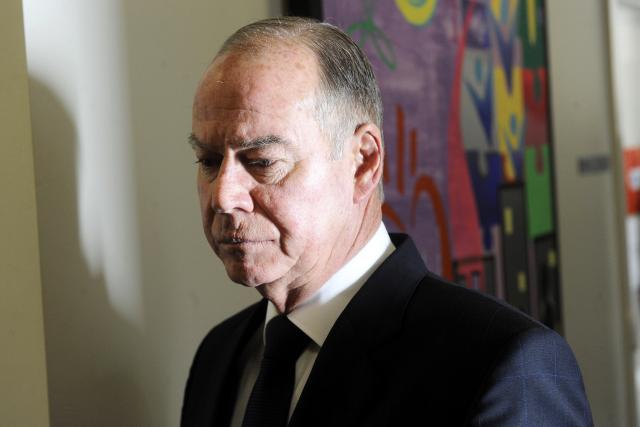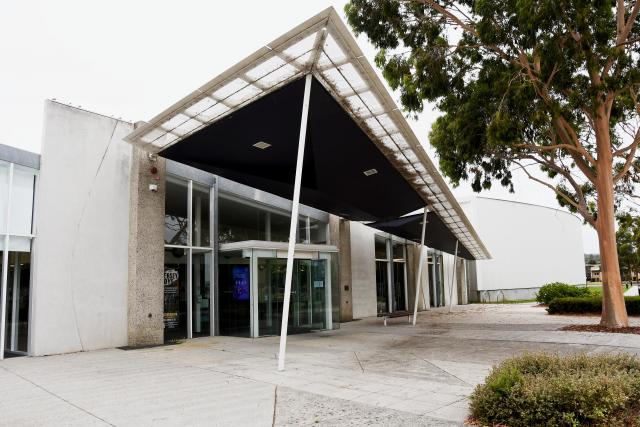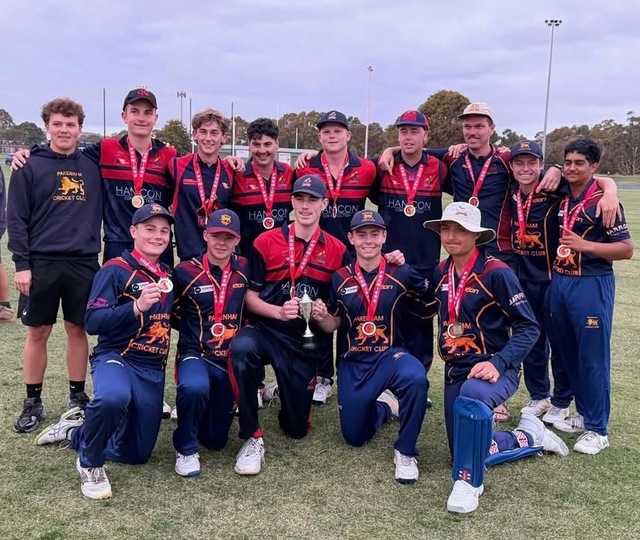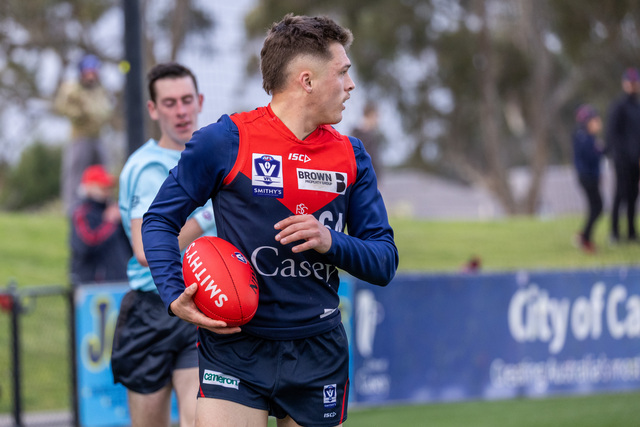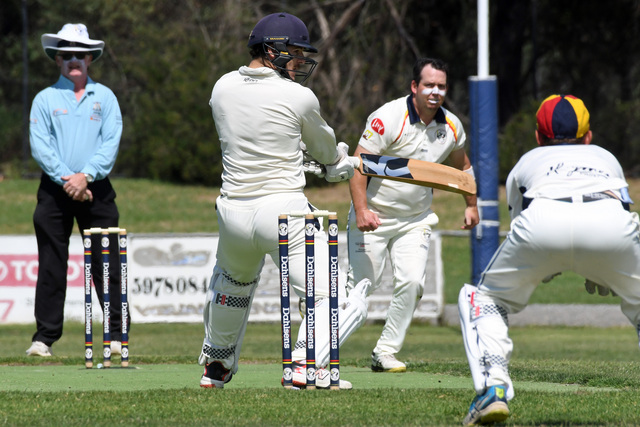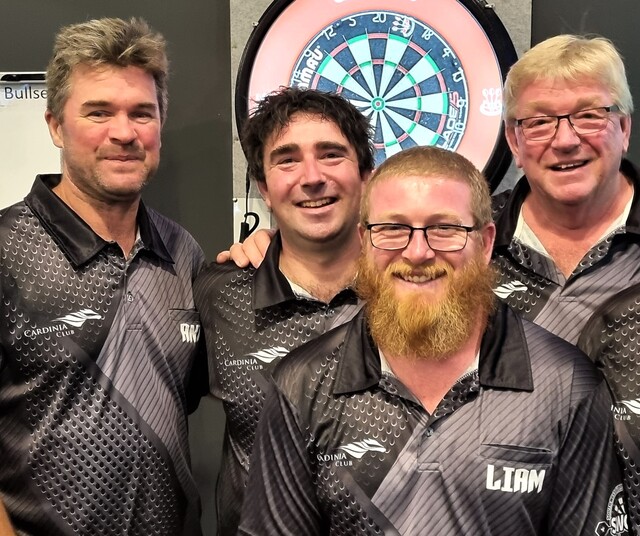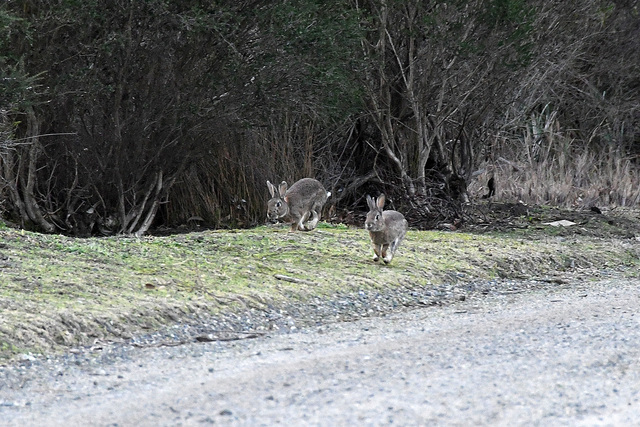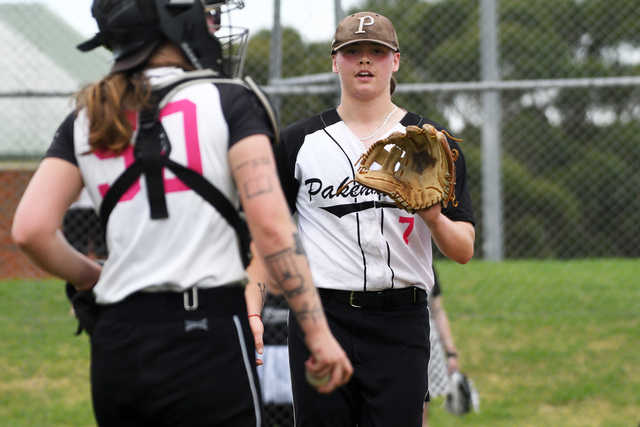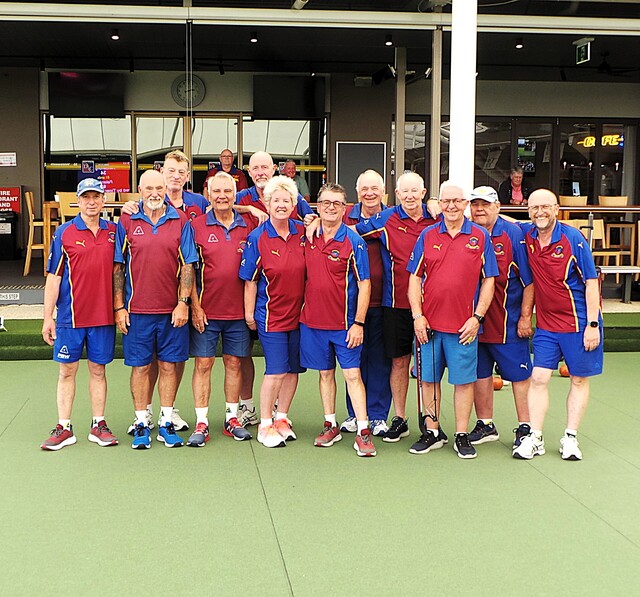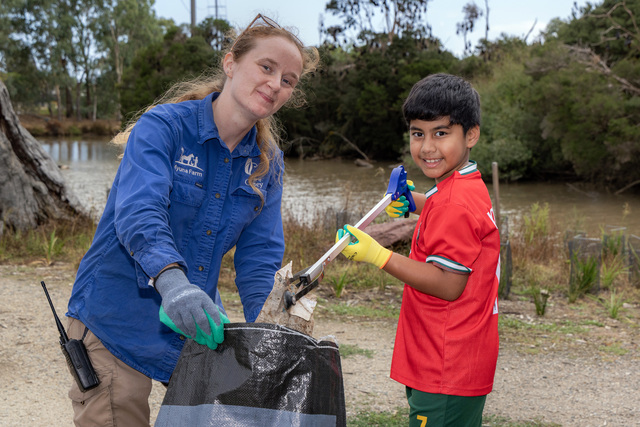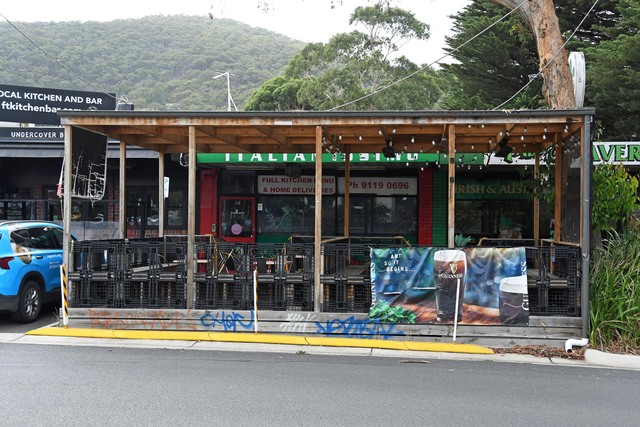Monash MP Russell Broadbent’s decades-long connection to the Liberal Party came to an end this year, after he quit the Liberal Party after losing a bid for preselection.
It followed the Victorian Liberal Party’s move to endorse Mary Aldred as its candidate for Monash at the next federal election.
Hundreds of Liberal Party members met in Warragul on Sunday 12 November for the local preselection convention and considered three applicants.
After the presentations and questions to each of the applicants, delegates voted to endorse Mary Aldred as their candidate.
A long-time advocate for the Gippsland region, she served for seven years as the founding chief executive of the Committee for Gippsland.
During her time in this role, Ms Aldred oversaw the organisation grow from a start-up to having more than 100 local employer members.
She has also served local community organisations for nearly 20 years, including Lifeline Gippsland, Latrobe Regional Hospital, Gippsland United Basketball League, Australian Sustainable Hardwoods, and Woorayl Lodge Community Aged Care in Leongatha, as well as joining Fujitsu Australia and New Zealand as the Asia Pacific head of government relations in January.
Mr Broadbent served the former Corinella electoral division for one term after being elected in 1990, was elected to serve the electoral of division of McMillan in 1996 before being defeated at general elections in 1998.
He returned to serve McMillan in 2004 and was then re-elected four times in a row before being elected to the new electoral division of Monash following electoral redistribution in 2019 and being re-elected in 2022.
While Mr Broadbent retained the seat in the 2022 election, there was a four per cent overall swing to Labor and an 8.2 per cent swing against the Liberals in first preference votes, with Mr Broadbent receiving 37.8 per cent of first preference votes.

